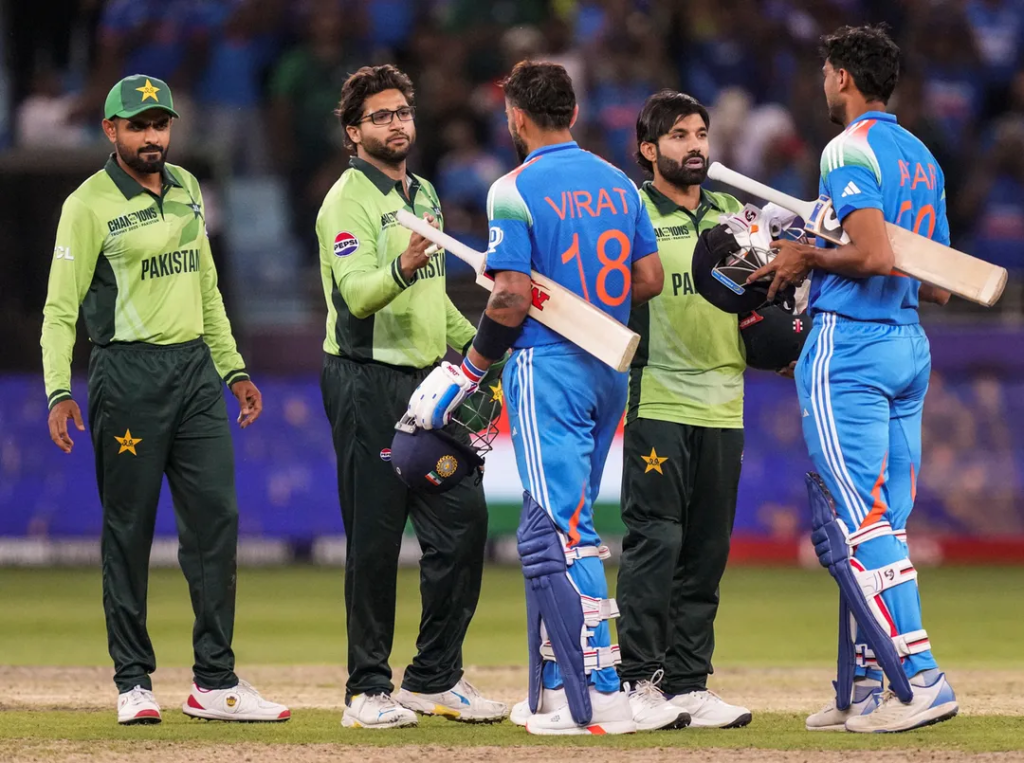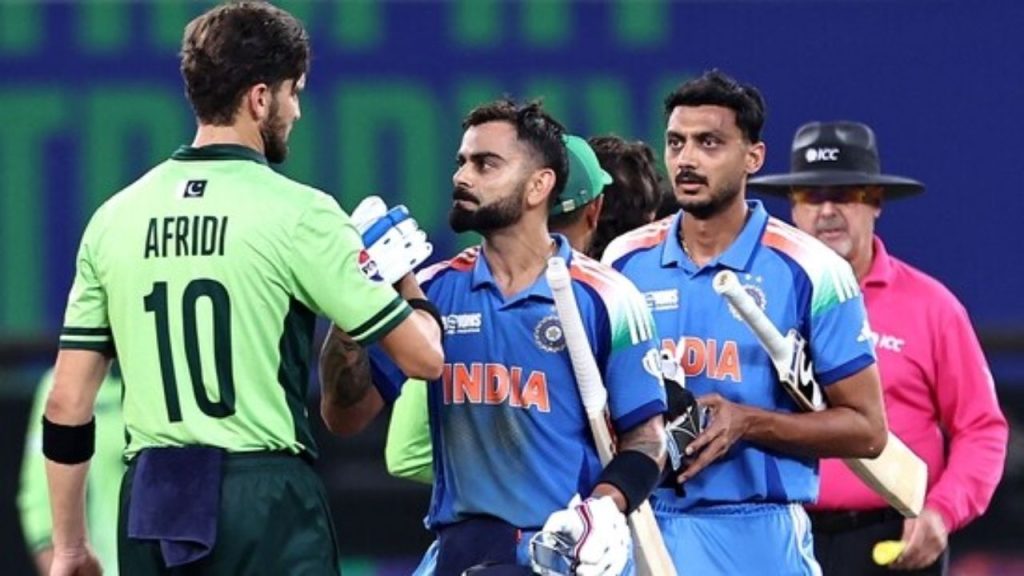BCCI Secretary Saikia defends India’s Asia Cup clash with Pakistan, citing government policy permitting participation in multinational tournaments.
BCCI Defends India-Pakistan Asia Cup Match Amid Public Outrage

With public outrage brewing over India’s scheduled Asia Cup clash against Pakistan on September 14 in Dubai, BCCI Secretary Devajit Saikia has defended the fixture, citing government policy on participation in multinational tournaments. The criticism follows the terror attack in Jammu and Kashmir’s Pahalgam on April 22, which claimed 26 tourists’ lives.
Amid calls for a boycott of the match from former cricketers and fans, Saikia clarified that the Indian cricket board is acting in line with central government guidelines. The revised policy, introduced in August, allows Indian athletes and teams to participate in multinational events featuring countries not on friendly terms with India, while continuing to bar bilateral engagements.
“So far as the BCCI’s view is concerned, we have to follow whatever the central government formalises,” Saikia told ANI. “Recently, our policy regarding India’s participation in any multinational or international tournament places no restrictions on playing countries which are not on good terms with India.“
India Must Participate in Multinational Tournaments, Says Official

He reiterated that India’s participation in the Asia Cup and other ICC events is mandatory under international commitments. “As the ICC Cup is a multinational tournament involving the countries of the Asia continent, we have to play. Also, for any ICC tournament, when there is a country not on friendly terms with India, we still have to compete,” he said.
Bilateral contests, however, remain off the table. “So far as bilateral series are concerned, we are not going to play with any of our hostile countries,” Saikia stated, aligning firmly with national policy.
Saikia also warned of broader implications if India were to boycott multinational events. Refusing to participate in matches against certain countries could invite sanctions from global sporting bodies, not just in cricket but across other sports disciplines. “We are following the policy framed by the Government of India, the Youth and Sports Development Department. For that, BCCI will have to comply, and we are very happy to follow the policy. It considers not only cricket but other sports as well,” he explained.
To underscore the stakes, Saikia cited athletes like Neeraj Chopra. “Suppose in athletics, India skips a tournament because we must play against a player from a hostile country. If sanctions come from the Indian Athletic Association, Neeraj Chopra could be barred from international events. That would be detrimental to players’ interests.” He noted the government likely accounted for all such scenarios to balance national interests with athletes’ participation in global competitions.


